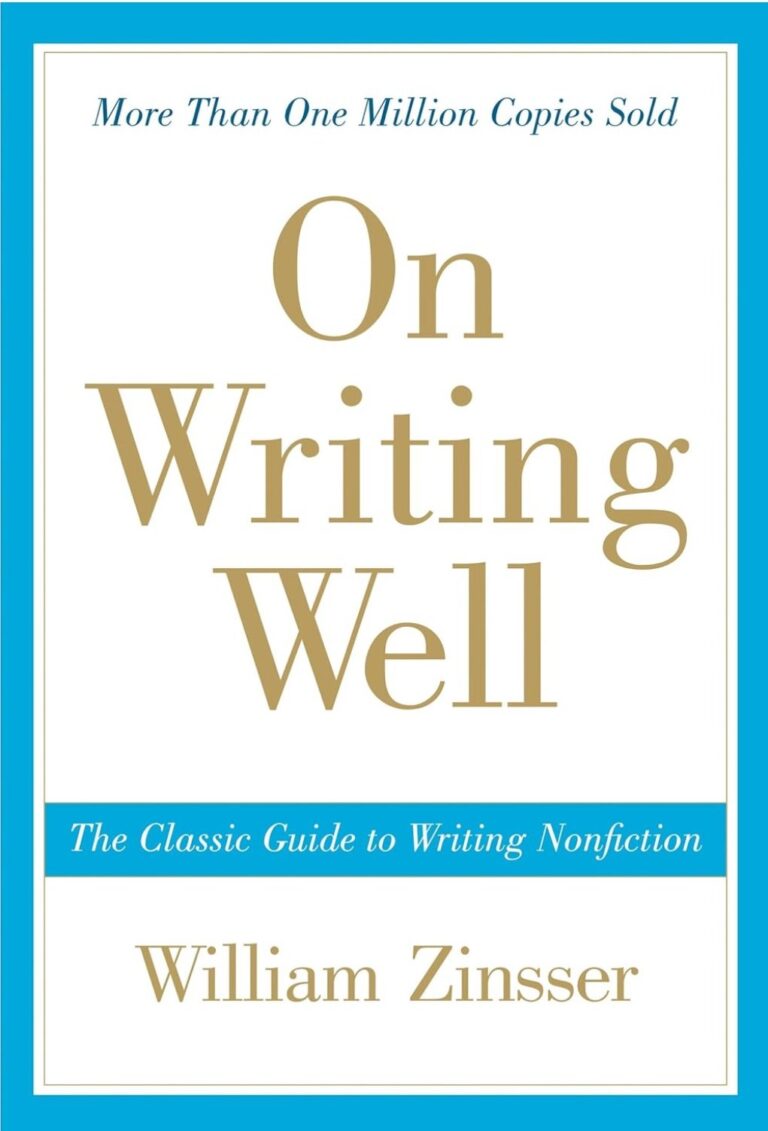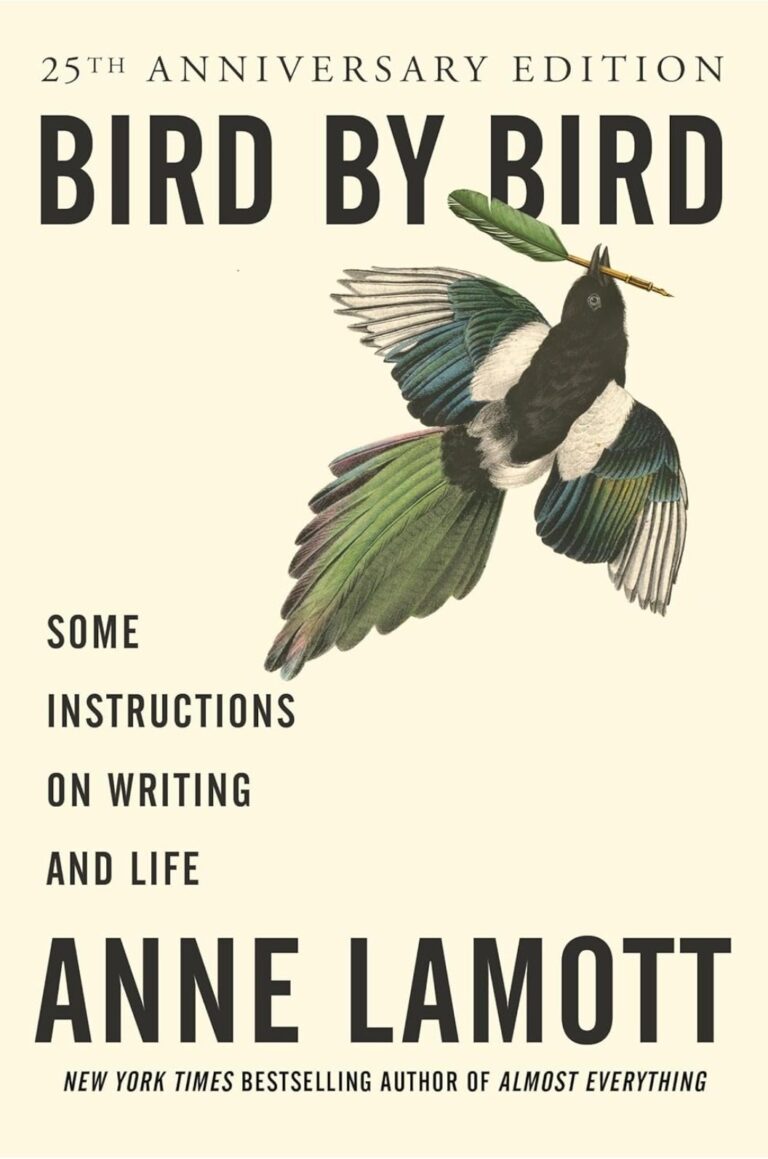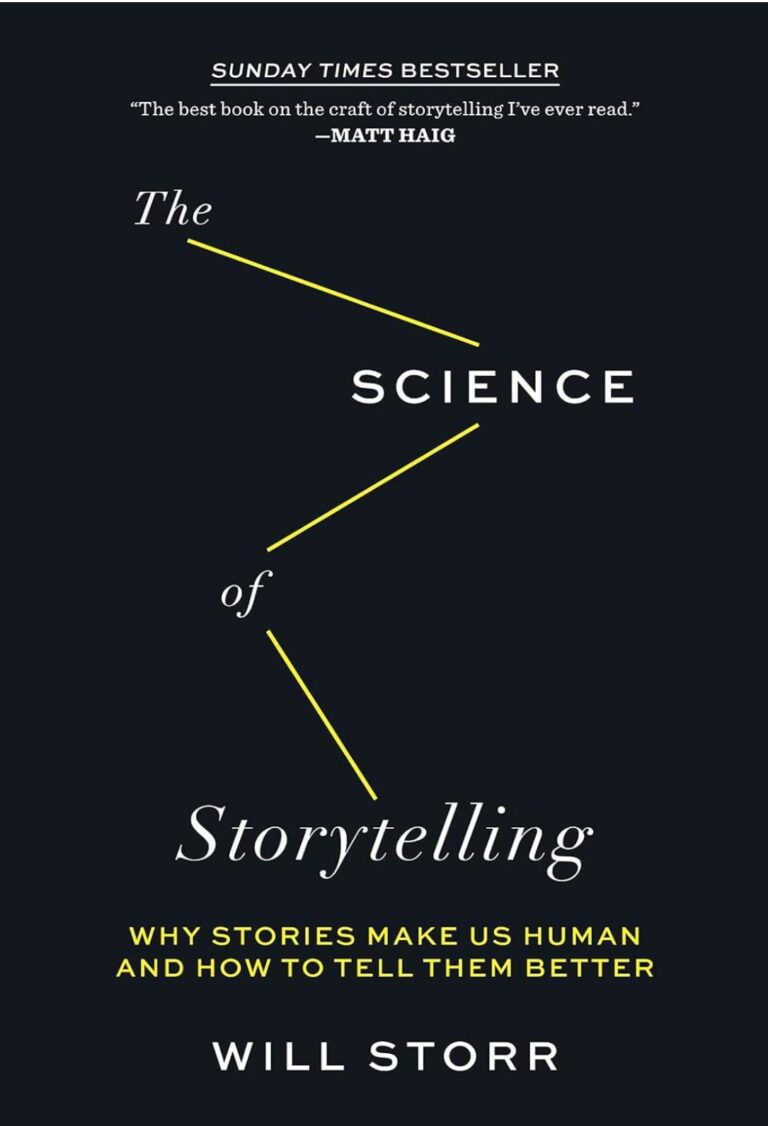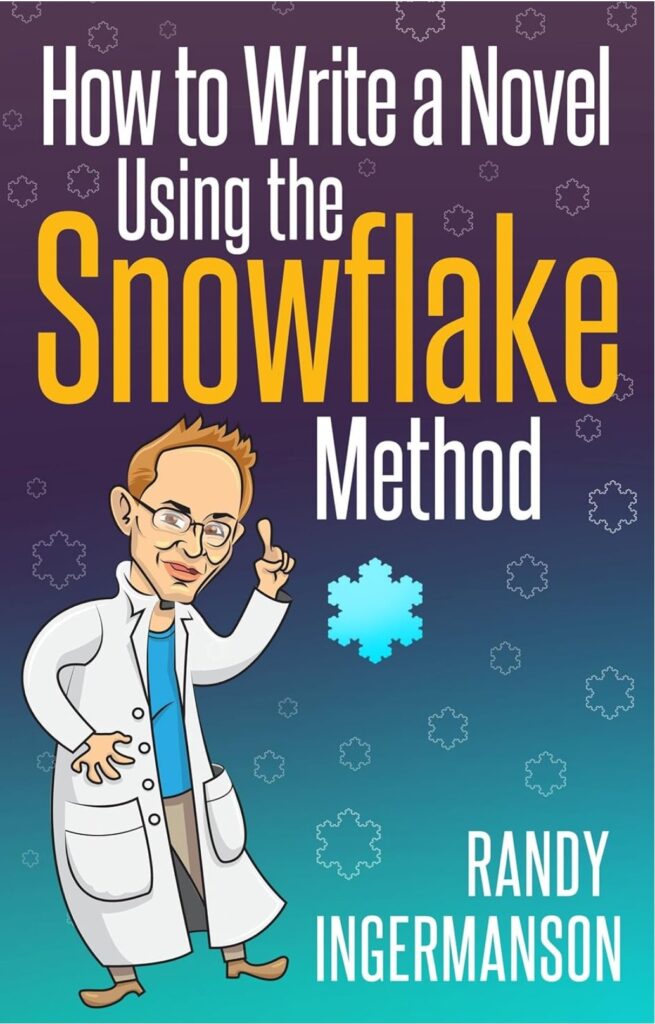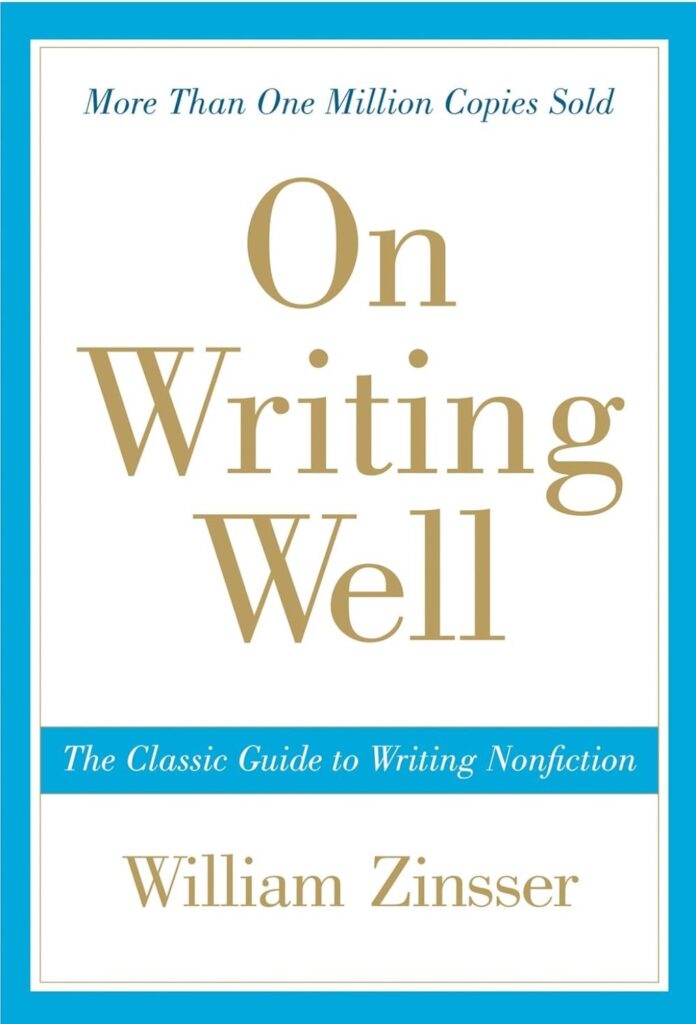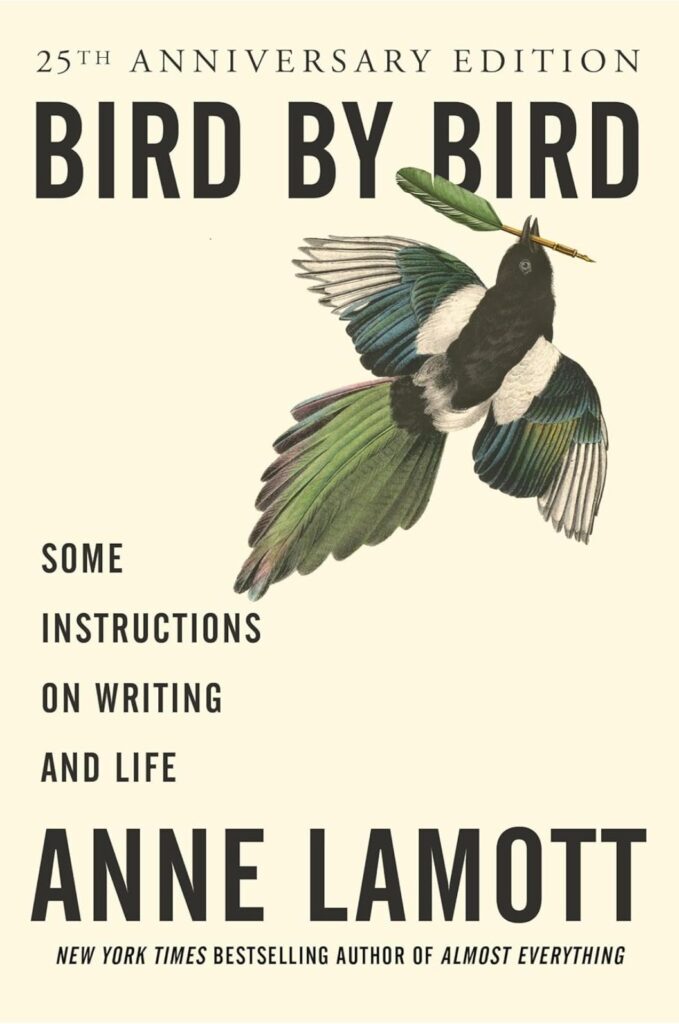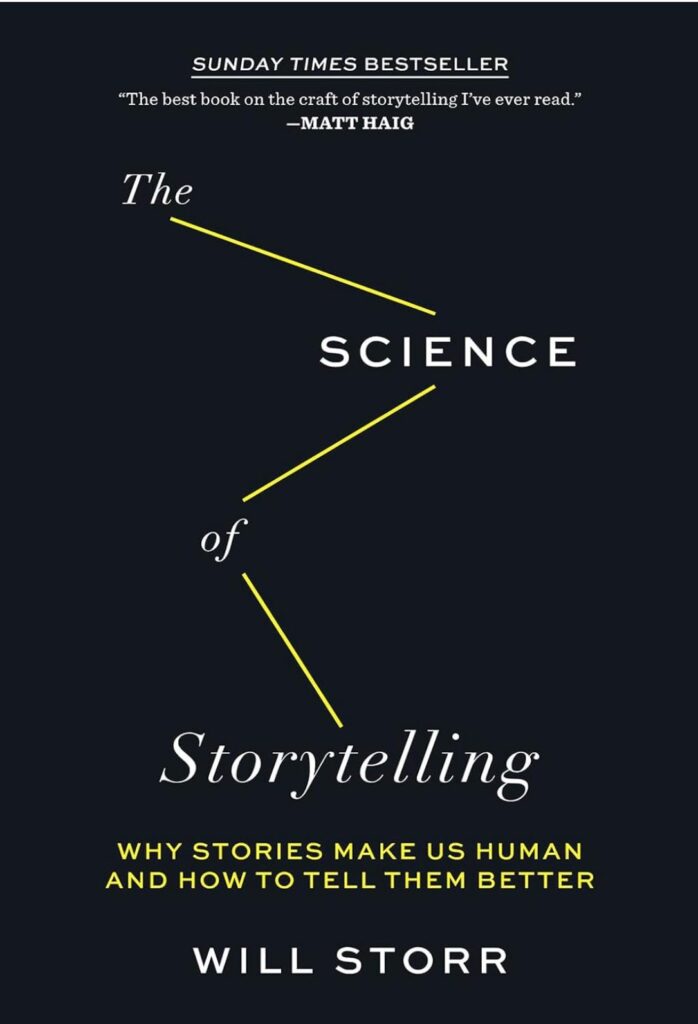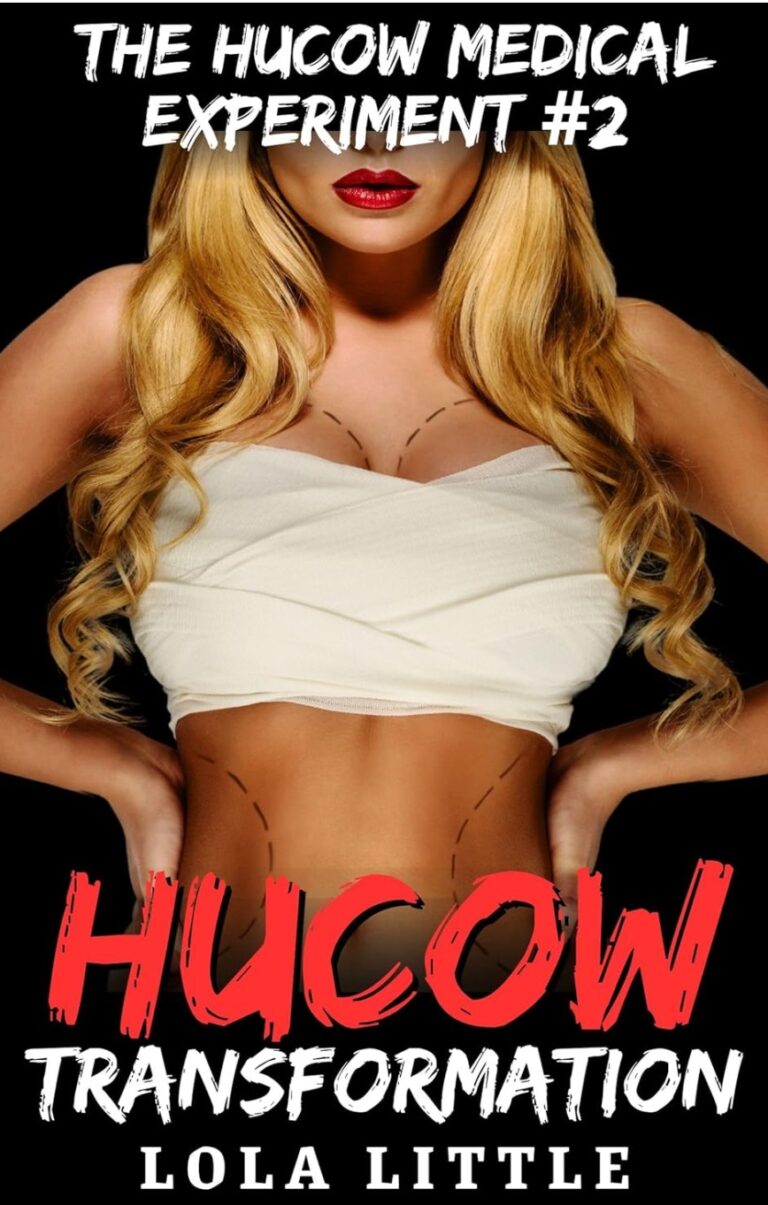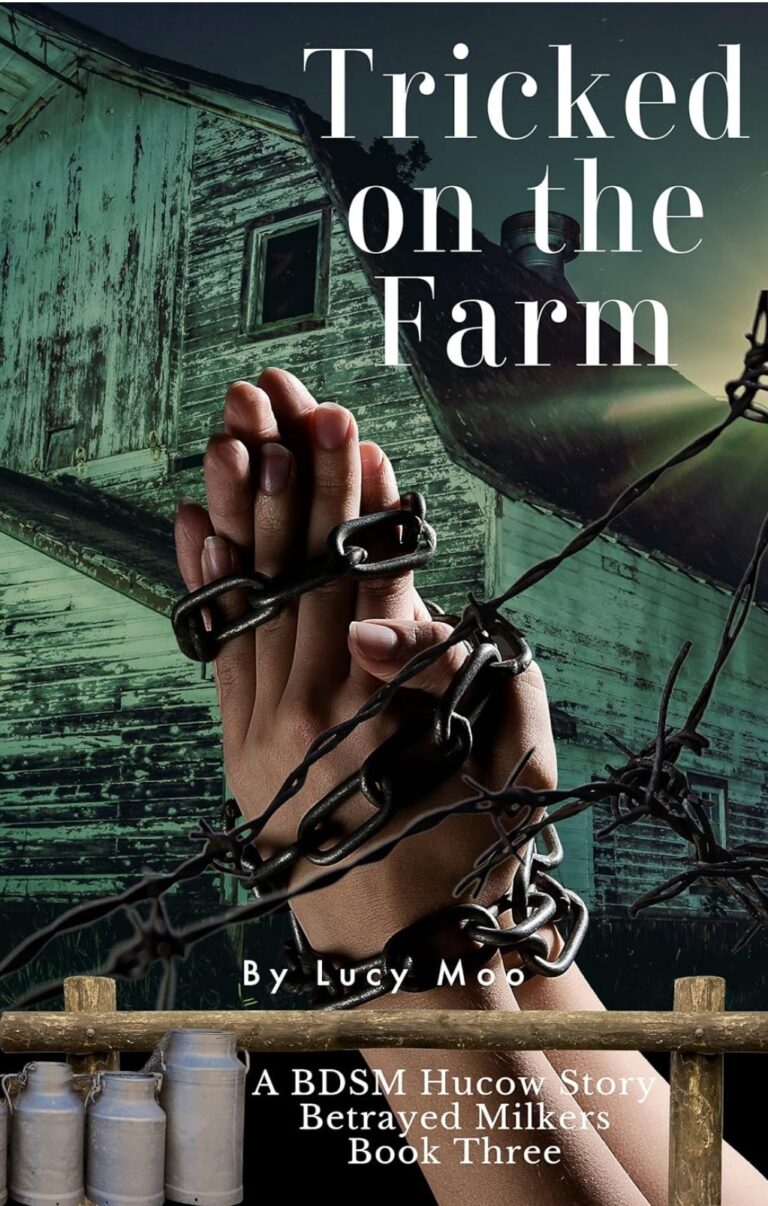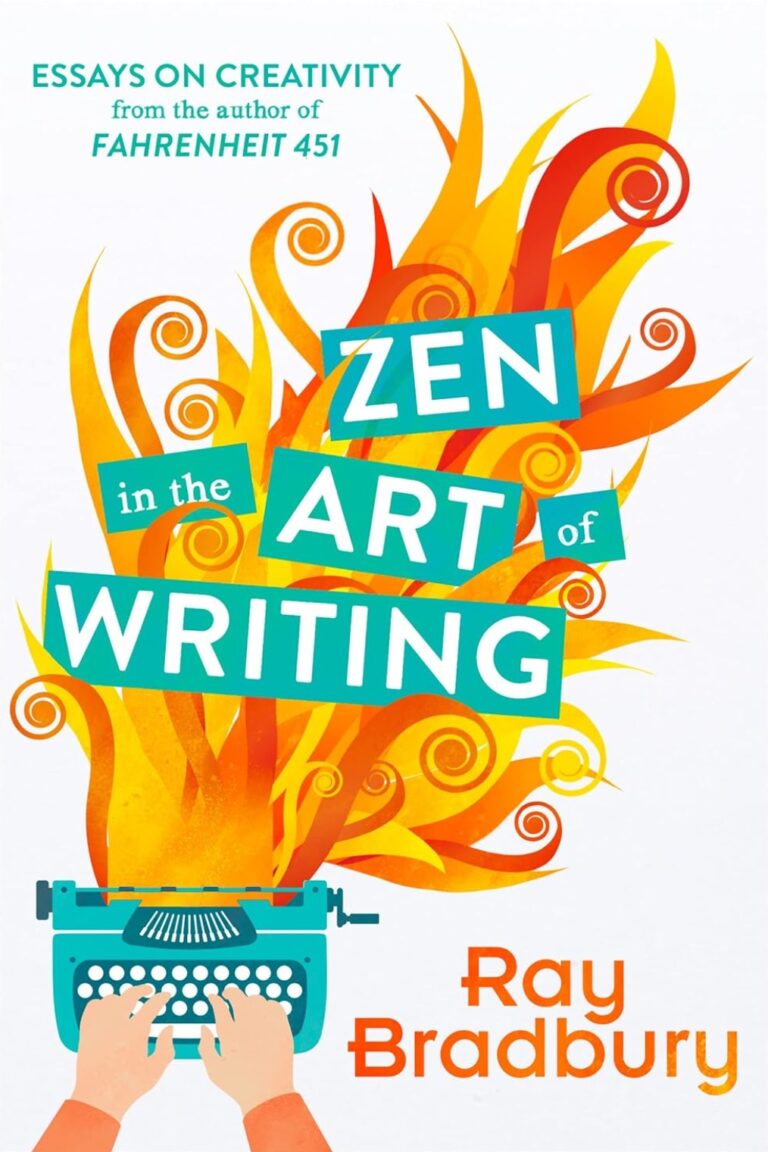Dialogue plays a crucial role in Hucow stories. It’s not just what the characters do or how they transform, but what they say to each other that pulls readers in and makes them feel connected to the story.
Especially in the Alpha-Hucow dynamic, the words exchanged between the characters create the emotional foundation. Whether you’re writing moments of dominance, nurturing care, or the build-up of trust, dialogue will help bring your characters’ relationship to life.
In this post, I’m going to talk about how you can use dialogue to develop the relationship between your Alpha and Hucow. I’ll draw from my own experience writing Hucow stories and give you tips that you can use in your own writing. Let’s dig into how we can make those key interactions as engaging and powerful as possible.
Establishing the Alpha’s Presence with Strong Dialogue
From the very first conversation, the Alpha in your story needs to stand out. Dialogue is an excellent way to show his power, control, and the underlying care he has for the Hucow.
Short, Commanding Statements
In a Hucow story I wrote, the Alpha character’s dialogue was built around short, commanding statements that immediately set the tone. Something as simple as “You’re mine now” or “Do exactly as I say” creates an immediate power dynamic. Readers can feel the dominance in these words, even before the physical actions take place.
By keeping the Alpha’s dialogue short and to the point, you give the impression that he is in control without needing to explain himself. This reinforces his authority and allows the Hucow to gradually react and adapt to his leadership. If you can write an Alpha who says more with fewer words, your readers will be hooked.
Balancing Authority with Care
But it’s not just about the commands. The key to an Alpha’s dialogue is balance. You need to show that while he’s dominant, he also cares deeply for the Hucow. In the same story, I had my Alpha say, “I’ll take care of you,” just after a more assertive line. This shift in tone showed readers that the Alpha wasn’t just about control—he was about protection and care, too.
You can do this in your stories by having your Alpha show concern through his words. Phrases like “Are you comfortable?” or “I’ll make sure you’re safe” can create that nurturing element readers love. Make sure that even when your Alpha is being strict, there’s a hint of compassion in his dialogue to keep the emotional connection strong.
Developing the Hucow’s Voice
The Hucow’s dialogue, on the other hand, should evolve throughout the story. As she undergoes her transformation, her voice should reflect her emotional and physical journey. In the beginning, her words might be hesitant or defiant, but by the end, they can reflect submission, trust, and even empowerment.
Hesitance and Resistance
In a Hucow story that you write, the Hucow’s early dialogue might be filled with uncertainty or resistance. This creates a contrast with the Alpha’s assertive voice and adds tension to their relationship. Lines like “I don’t know if I can do this” or “This feels so strange” help show the reader that she is unsure of her new role and is still in the process of accepting it.
This resistance in dialogue is what makes the eventual submission so rewarding. As the Hucow starts to trust the Alpha more, her words will reflect this change, creating an emotional arc that readers can follow.
Submission and Trust
As the Hucow’s character begins to trust the Alpha, her dialogue can become more submissive, but in a way that feels empowering. Instead of resisting, she might say things like “I trust you” or “Please, I need you to guide me.” These lines show that her submission is a choice, and it’s this choice that empowers her.
In one of my Hucow stories, the moment the heroine said, “I’ll do whatever you ask,” was a major turning point. It signified not just her physical submission, but her emotional connection to the Alpha. Her words carried the weight of her journey, and that’s what made the scene so powerful for readers.
Power Dynamics in Dialogue
One of the most exciting parts of writing Alpha-Hucow stories is the play of power dynamics. Dialogue is a great way to explore these shifts in power. Even though the Alpha might be in control, there are moments when the Hucow can gain subtle power through her words, too.
Asserting Dominance
The Alpha’s dialogue should continuously reinforce his role as the dominant figure. However, how you frame his words can prevent him from coming off as cruel or one-dimensional. In a Hucow story, you could write dialogue like “You belong to me” or “I’ll take what’s mine.” These statements assert dominance but can still convey care if balanced with nurturing actions.
In my own stories, I often have the Alpha assert dominance while still leaving room for the Hucow’s emotions. For example, a line like “You’ll give yourself to me completely, but only when you’re ready” creates a balance. The Alpha is in control, but he’s giving the Hucow agency within that dynamic. This gives the reader a sense of tension and resolution.
The Hucow’s Soft Rebellion
In contrast, the Hucow can subtly rebel through her dialogue, even as she begins to submit. Small phrases like “I’m not ready yet” or “I don’t understand why I feel this way” can show that she’s still processing her emotions and adjusting to the new dynamic. This gives depth to her character and makes her transformation more realistic.
In a story I wrote, the Hucow would say, “Why do I want this so much?” even as she started to submit. It showed her internal conflict and made the eventual surrender even more impactful. You can create this tension in your own writing by allowing the Hucow’s voice to reflect her inner struggle, even as her body and actions align with the Alpha’s desires.
Using Dialogue to Heighten Milking and Breeding Scenes
Milking and breeding scenes are central to many Hucow stories, and the dialogue in these moments can heighten the intensity and emotional connection between the characters.
Sensual Language During Milking
In one of my milking scenes, the Alpha guided the Hucow with calm, reassuring words. “Relax and let it happen,” he said, adding a layer of intimacy to the physical act. The dialogue in these moments should be slow and soothing, creating a sense of comfort for the Hucow and the reader.
You can write dialogue that mirrors the physical sensations the Hucow is feeling, using words like “soft,” “warm,” and “gentle” to make the scene feel more immersive. The Alpha’s dialogue should make the Hucow feel safe, allowing her to surrender to the experience fully.
Breeding as an Emotional Connection
Breeding scenes, on the other hand, can carry a sense of urgency and emotional depth. In a story I wrote, the Alpha said, “You were made for this,” which connected the physical act to the Hucow’s sense of purpose. Readers love these moments because they tie the primal act of breeding to a deeper emotional connection.
In your own stories, think about how the Alpha’s words can reassure the Hucow and make her feel valued. Dialogue like “You’re perfect” or “I’m proud of you” can add an emotional layer to the breeding scene, making it more than just a physical act.
Building Tension and Release Through Dialogue
Tension is essential in Hucow stories, and one of the best ways to build it is through dialogue. Readers love the push-and-pull dynamic between the Alpha and the Hucow, and the words they exchange can either heighten the tension or provide a moment of release.
Slow-Burn Conversations
In one of my slow-burn stories, the Alpha and Hucow had a long conversation before anything physical happened. The Alpha said things like, “I know what you need,” but never acted on those words until later in the story. This built anticipation for the reader and made the eventual submission feel earned.
You can use this technique in your own writing by having the Alpha and Hucow engage in dialogue that teases the reader. Phrases like “You’re not ready yet, but you will be” can build tension, making the reader eager for the moment when the Hucow finally submits.
Release Through Surrender
When the tension finally breaks, the Hucow’s dialogue can signify her emotional release. In a story I wrote, the Hucow said, “I’m yours,” and those words marked the turning point in the story. Readers had been waiting for that moment, and when it came, it felt like a relief.
When writing your own stories, think about how dialogue can signal emotional release. The Hucow’s surrender should be reflected in her words, showing the reader that she has fully embraced her role.
Conclusion
Dialogue is one of the most powerful tools you have as a Hucow writer. It’s through the words exchanged between the Alpha and the Hucow that you create tension, build emotional connections, and guide the reader through the transformation journey.
By balancing dominance and care, showing the Hucow’s internal struggle, and using dialogue to heighten milking and breeding scenes, you can create a story that resonates deeply with readers.
As you work on your next Hucow story, focus on how you can use dialogue to enhance the relationship between your characters. The words they say to each other are just as important as their actions, and with the right dialogue, you can make those moments of submission, transformation, and connection even more powerful.
References
Please use the below references to obtain more information on this topic if you so desire:
- Writing Alpha Characters in Romance – A guide to crafting strong, dominant characters.
- Dialogue in Erotic Fiction – Tips for writing engaging and sensual dialogue in erotic stories.
- Power Dynamics in Hucow Fiction – Exploring the balance of dominance and submission in Hucow stories.
- Internal Conflict in Romance – How to write characters struggling with desire and conflict.
- Milking as a Metaphor – Writing milking scenes that carry emotional weight.
- Building Tension in Dialogue – Creating slow-burn romance through dialogue and character interactions.
- Writing Emotional Intimacy – How to balance physical scenes with emotional connection.
- Breeding in Erotic Fiction – Exploring breeding themes and their emotional significance in Hucow stories.











